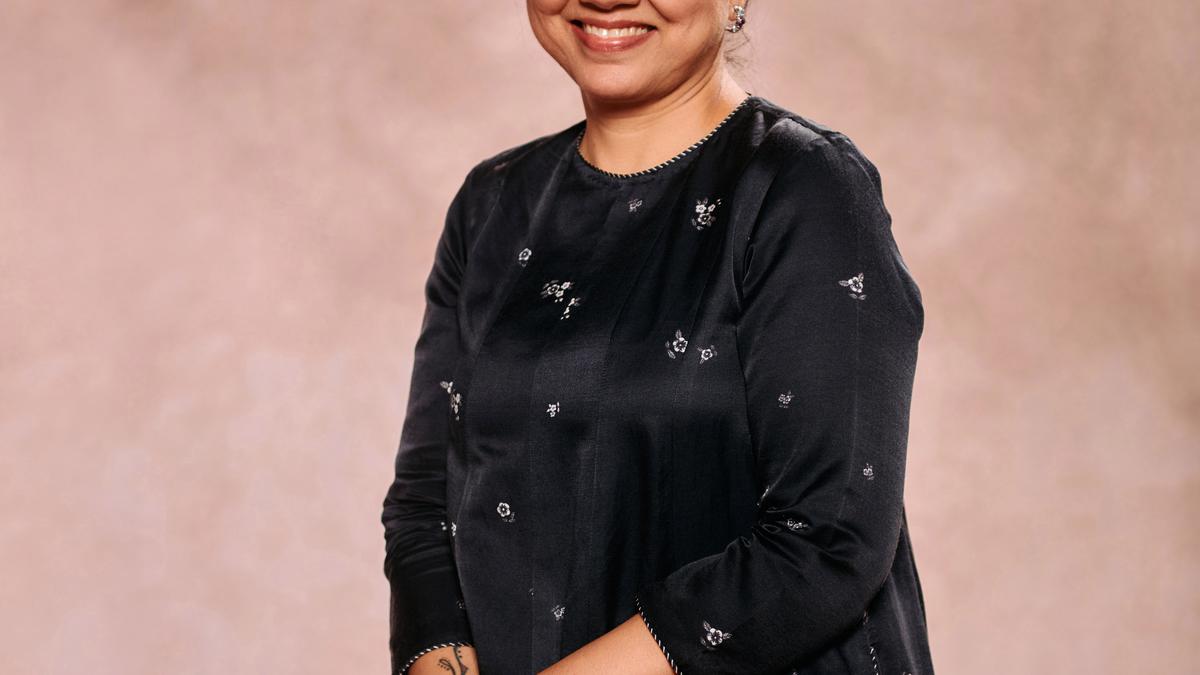
Tanuja Chandra: one of Hindi cinema’s first female directors tells a key wedding tale
The Hindu
In a country that only looks at the shiny side of weddings, Tanuja Chandra’s critically acclaimed series Wedding.con takes a deep dive into the marriage con industry
Director Tanuja Chandra gently nudges her subject to introspect. She asks her why she thinks she ignored her fatigue, uneasiness and embarrassment and continued in a relationship with a man who turned out to be a con artist. “I have to. I had no option. I don’t want to hurt my loved ones. In order to make them happy, I have to do what they want,” the young woman replies.
ALSO READ Meenakshi Shedde: devoted to cinema
In a country that only looks at the shiny side of weddings, the critically acclaimed series Wedding.con on Prime Video, takes a deep dive into the marriage con industry and what drives it. Answer: the crushing weight of expectations on women to get married. There was a 13% rise in matrimonial fraud from 2020 to 2021, indicative of the larger trend of rising cyber crimes against women. These climbed 153% between 2017 and 2021, the series informs you.
When producers from BBC approached Chandra, one of Hindi cinema’s first women directors, to helm a documentary about the horrifying tales of matrimonial fraud, she agreed instantly. In Wedding.con, a mix of interviews and recreations, five women share their stories with Chandra, whose empathy and integrity empowers them to speak their mind. “I wanted him to experience Newton’s third law of motion. Every action has an equal and opposite reaction,” one woman who has been defrauded of lakhs and is determined to get justice, tells her.
Chandra’s position was clear: zero judgement. “I am absolutely on their side, they don’t feel they are being interrogated at all,” Chandra says, adding that society’s framing of questions to survivors always carries condemnation of how they could ‘let’ something bad happen. The crew had only admiration for the women who spoke up and producer Neha Khurana organised a therapist on set in the event any of the subjects felt triggered. “No one tried being ‘clever’ or ‘cool’. There was something truly genuine. And I think women do this with each other and for each other a lot,” Chandra says. It’s the opposite of the widely prevalent boys’ club culture.
The present-day hyper masculinity of Bollywood’s biggest films is not something she identifies with. “It’s the opposite of what I’m interested in personally. The thing that bothers me is the sheen of sexiness over something that is violent,” she says, adding that OTT platforms have made it possible for filmmakers to tell a broader variety of stories.
Chandra’s heart beats for women’s stories. From the dramatic ones her mother Kamna, a writer whose credits include cult films such as Chandni, Prem Rog and 1942: A Love Story, read to her when she was a child, to the fantastical tales she heard on her annual visits to her aunts in Uttar Pradesh. “They were fascinating stories that I feel can only come out of UP, with giant-sized ambition and giant-sized failure,” she says with her trademark unselfconscious loud cackle.













